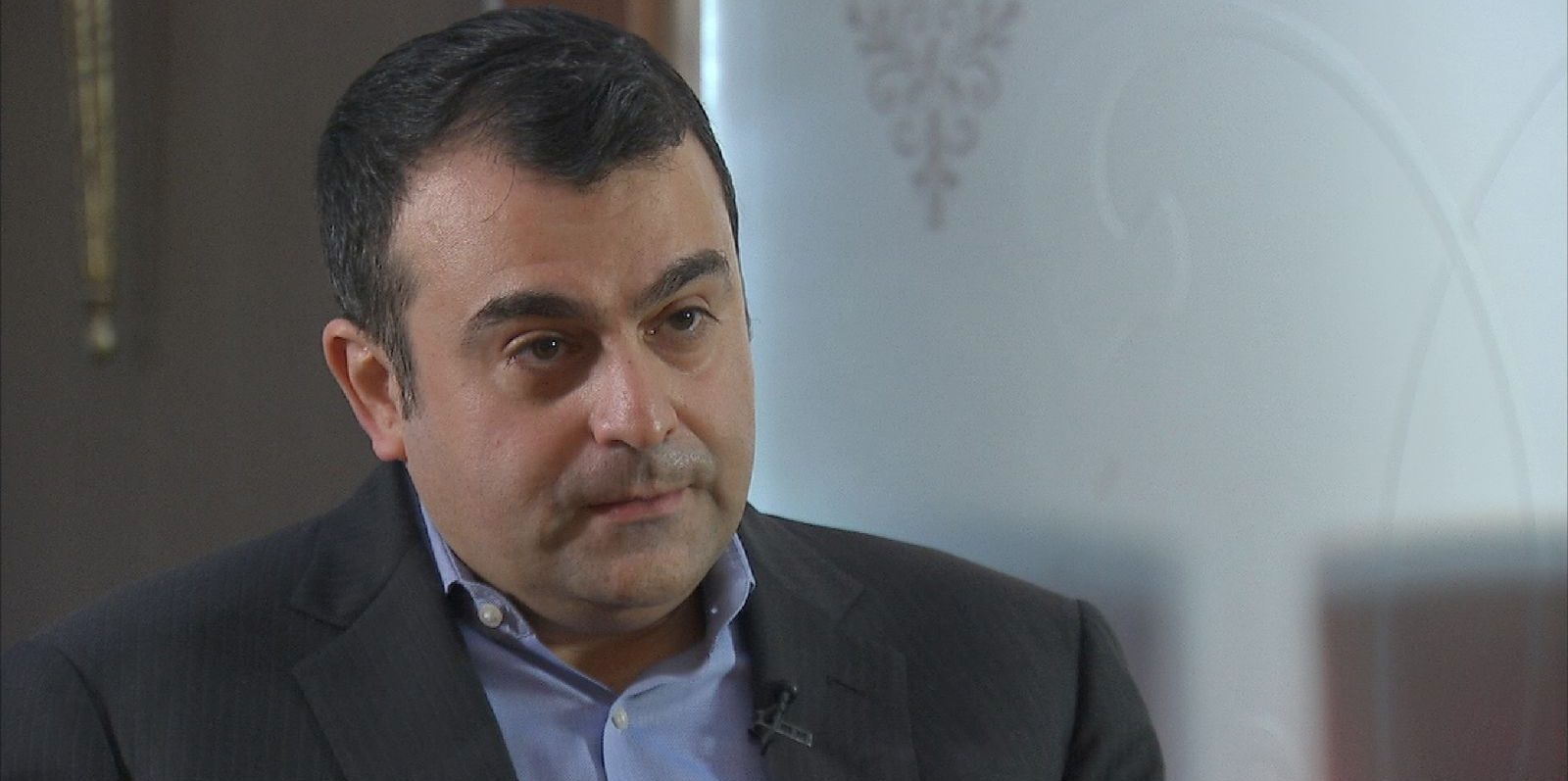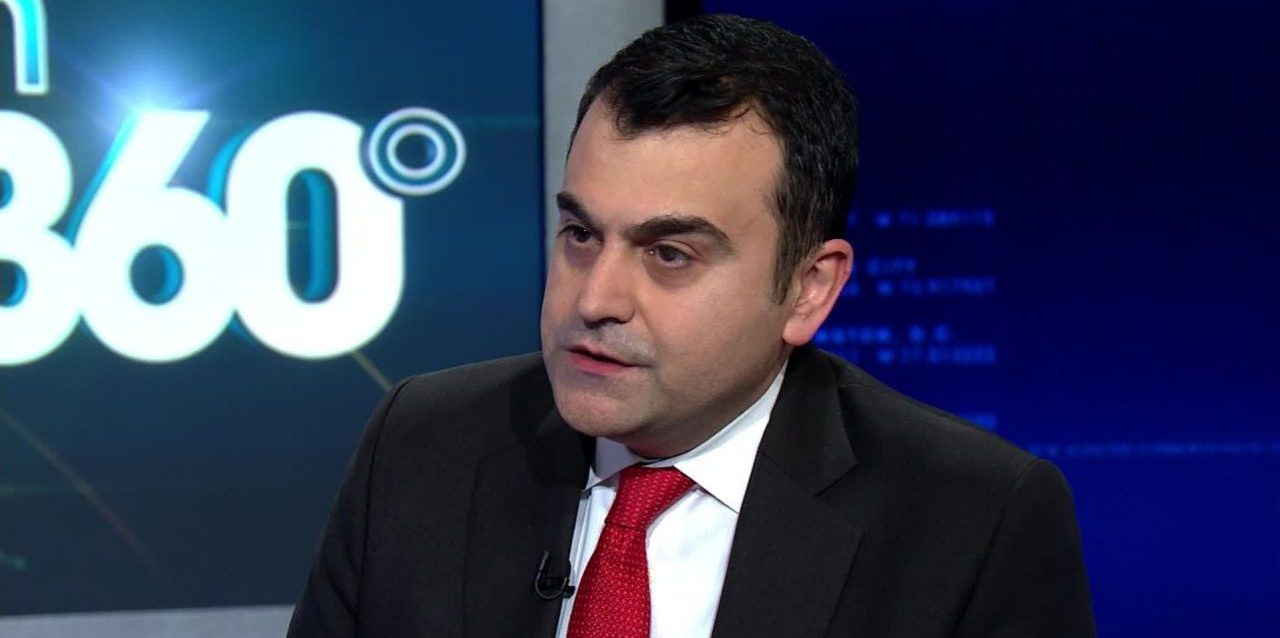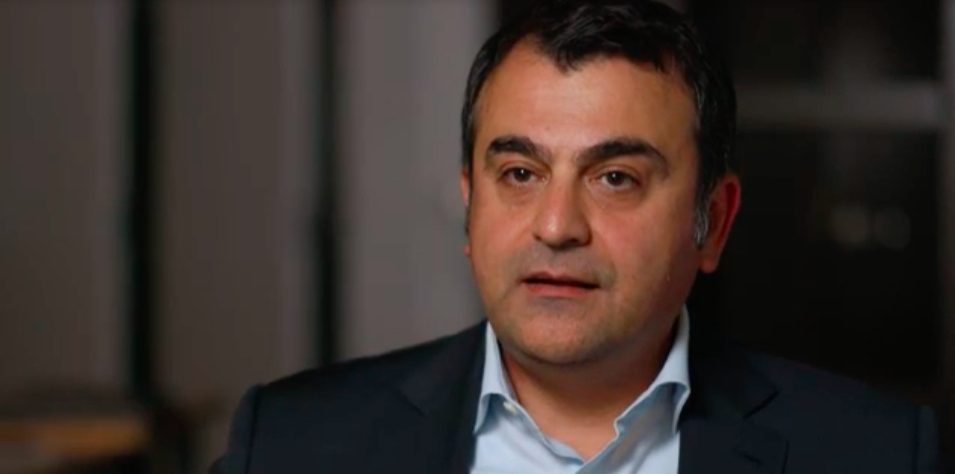Led by the Islamic extremist group Al-Qaida, the World Trade Center’s twin towers in New York City were attacked by two hijacked commercial passenger planes on September 11, 2001. The plan and execution of the attacks, the aftermath, and the retaliation led by the CIA are all covered in-depth in Netflix’s ‘American Manhunt: Osama bin Laden.’ The three-part docuseries also features an exclusive interview with Ali Soufan, a former FBI Special Agent who was tasked to investigate the Al-Qaida attacks and interrogate the terrorists.
Ali Soufan Served in the FBI For Many Years Before Resigning Due to Several Differences
Born in 1971, Ali H. Soufan was brought up in Beirut, Lebanon, but relocated to Pennsylvania with his family. After earning his undergraduate double degree in International Studies and Political Science from Commonwealth University-Mansfield, Ali Soufan pursued a Master’s degree in International Relations at Villanova University. During his bachelor’s, he also minored in Cultural Studies and Anthropology. In July 1997, his tenure as a Special Agent with the FBI began. During his stint there, he became one of the founding members of the Veteran Intelligence Professionals for Sanity.

Moreover, Ali joined the Joint Terrorism Task Force of the FBI’s New York office and worked on several complicated international terrorism cases, including the mission to capture Osama bin Laden following the devastating 9/11 attacks. During those times, he reportedly interrogated various Al-Qaida suspects. When he learned that the CIA hadn’t shared enough intelligence with him that could have prevented the 9/11 attacks and learned about their torture-based interrogation methods, he parted ways with the FBI for good. Ali was against the idea of ineffective torture, something Abu Zubaydah had suffered for years at the hands of the CIA, so it only seemed right for him to discontinue any association with the agency.
Ali Soufan is the Founder of the Soufan Center Today
After nearly eight years, in May 2005, Ali Soufan resigned from the FBI and has been serving as the Chairman and Chief Executive Officer of the Soufan Group since January 2008. Ali has been a leading national security and counterterrorism expert and has played an advisory role in various geopolitical and global intelligence issues. In 2017, the former FBI Special Agent founded an independent non-profit organization called the Soufan Center, which opens up a forum for analysis, research, and strategic dialogue on issues related to global security and emergent threats. Since September 2012, Ali has also been a member of the Homeland Security Advisory Council. In addition, he is also reportedly affiliated with the Qatar International Academy for Security Studies (QIASS) in the capacity of the Executive Director.
Moreover, Ali is a board member of the McCain Institute for International Leadership’s Global Advisory Council and the James W. Foley Legacy Foundation. Given his stature in the field, he has been a guest speaker at many international security forums. In 2018, he received the Kennedy Award. Thanks to his achievements and contributions, he has also earned several other awards and accolades, including the FBI Director’s Award for Excellence, the James W. Foley Legacy Achievement Award in 2020, the New York’s Great Immigrant Award in 2023, and a commendation from the US Department of Defense. Ali has been mentioned and featured in multiple movies, documentaries, books, and articles. Furthermore, his feats have been touched upon in interviews by the New York Times, Straits Times, 60 Minutes, The New Yorker, Washington Post, and Al-Jazeera.
The Redactions Made by the CIA in Ali Soufan’s Memoir Have Been Uplifted
In 2011, Ali Soufan published a memoir he wrote with Daniel Freedman, titled ‘The Black Banners: The Inside Story of 9/11 and the War Against al-Qaeda.’ A few years later, in May 2017, he dropped another book titled ‘Anatomy of Terror – From the Death of bin Laden to the Rise of the Islamic State.’ Before the memoir was first published, the CIA intervened and insisted on redacting certain aspects of it, mainly related to the agency’s interrogation techniques. In a conversation with Time, he elaborated, “It was an attempt to distort by redaction: they were trying to prevent the narrative from going out that torture did not work and they redacted anything that showed torture didn’t work. They also redacted imagery or scenes that showed how the intelligence was obtained.”
In 2020, the redactions were finally lifted. Although it took a lot of headache and heartache on his part, Ali was satisfied with how things turned out in the end. He explained, “By classifying these lines, they admitted they were true. You don’t classify lies. In a democracy, it’s extremely important to have conversations about the war on terrorism, about torture, and about the techniques that we used. But before we have this conversation we need to have a mutual understanding of truth. If we don’t, the conversation is going to lead us nowhere except for conspiracies, raw emotion, and alternative facts.”
Ali Soufan is Still Reeling From the Effects and Investigation of the 9/11 Attacks
In a 2021 interview with Combating Terrorism Center (CTC), Ali Soufan opened up, saying, “9/11 for me is an event that did not happen 20 years ago; it just happened yesterday. And every time you talk about it, you remember these things that you experienced first-hand, but you remember also that determination that we had as a team to continue with the mission to find out who was behind the attacks, to identify individuals who are directly connecting to the plot, to get the intelligence that we needed in order to go to Afghanistan, in order to destroy the infrastructure of al-Qa`ida.”

The Soufan Group founder claimed that it was a tough time period as the people of America had a lot of expectations from him and others trying to bring the culprits to justice. He said, “We lost friends, we lost colleagues, I lost my mentor that day, John O’Neill. But we were able to provide the intelligence and the evidence needed by our own government. We were able to identify al-Qa`ida operatives as being part of the 9/11 attacks.” Even though the 9/11 attacks happened more than two decades ago, Ali Soufan admittedly has plenty of emotions and raw feelings regarding that dark day.
Read More: Robert O’Neill: Where is the SEAL Team 6 Sniper Who Shot Osama bin Laden Now?


You must be logged in to post a comment.